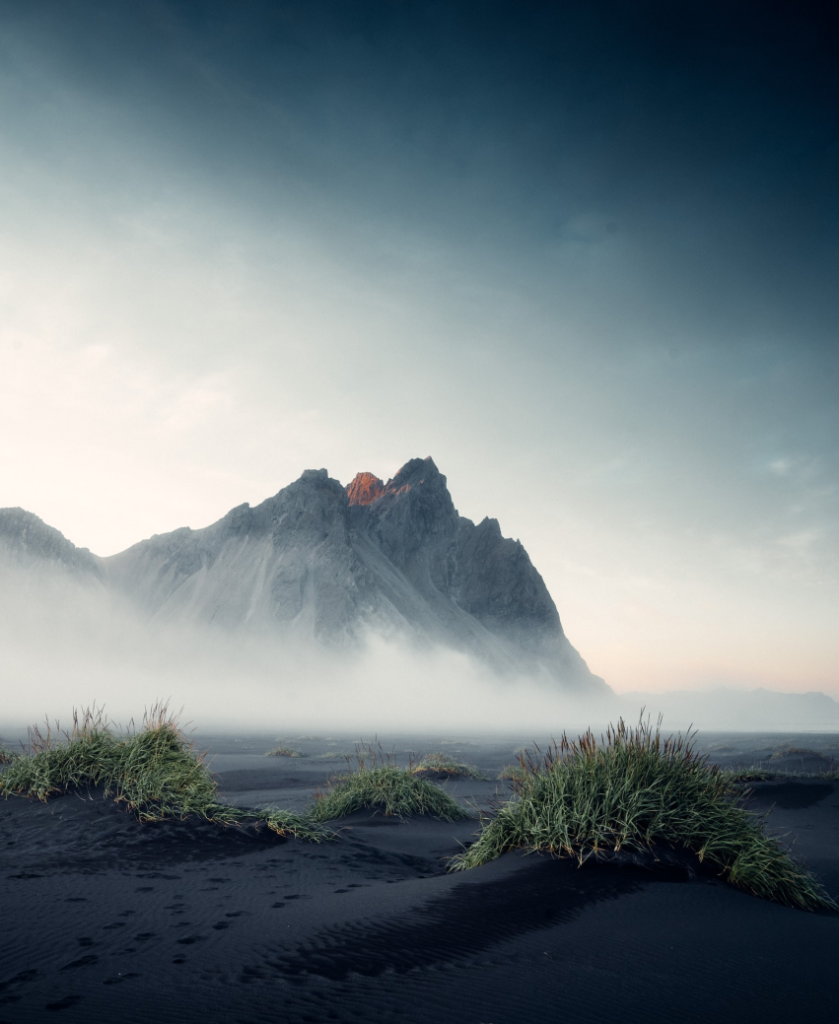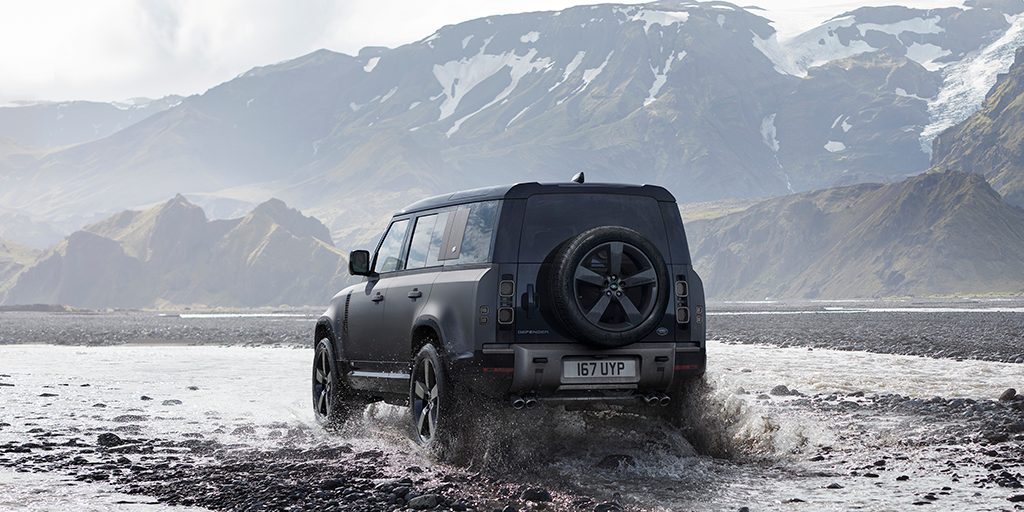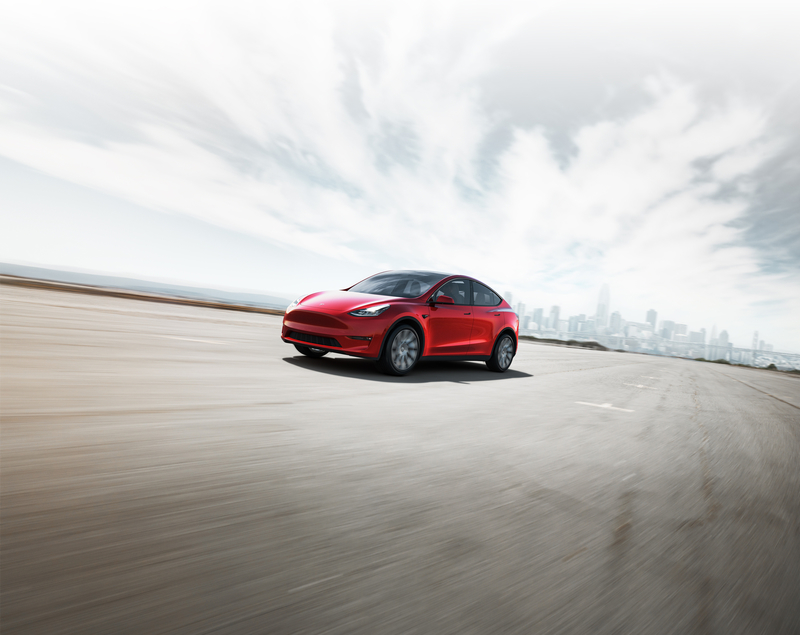All you need to know about driving in Iceland:
safety tips, roads, traffic signs, tolls, parking and more
A self-drive tour in Iceland is a favoured way to experience the land of fire and ice. After you rent a car in Iceland, how to get ready for a safe, fun, unforgettable Iceland road trip will be the next topic you will consider.
Here, we have included EVERYTHING you need to know when driving a regular gasoline/diesel car, a plug-in hybrid vehicle (PHEV) or an electric vehicle(EV). We recommend you learn more about the Icelandic road system and conditions, safe driving tips, road and traffic signs, electric charging stations, tolls, and parking before visiting Iceland. Don’t forget to read the special notes for Tesla renters if you hire a Tesla with us for your road trip.
The road system in Iceland
When researching travel in Iceland, you might have this question: What side of the road do they drive in Iceland? You should always drive on the right side of the road and overtake on the left.
In Iceland’s cities and towns, all roads are paved, and multiple lanes roads are common. Always remember the right lane is the ‘regular driving lane’. If you want to overtake the car in front of you or turn left at the next intersection, you could go to the left lane.
When you are driving in suburban areas, the story could be a little bit different. Most of the time, you will drive on a single-lane road, even on Route 1 Ring Road.
So please, be extra careful when overtaking or pulling over on the way. Make sure the actual situation is safe to overtake, and you pull over at a designed parking and sightseeing spot.
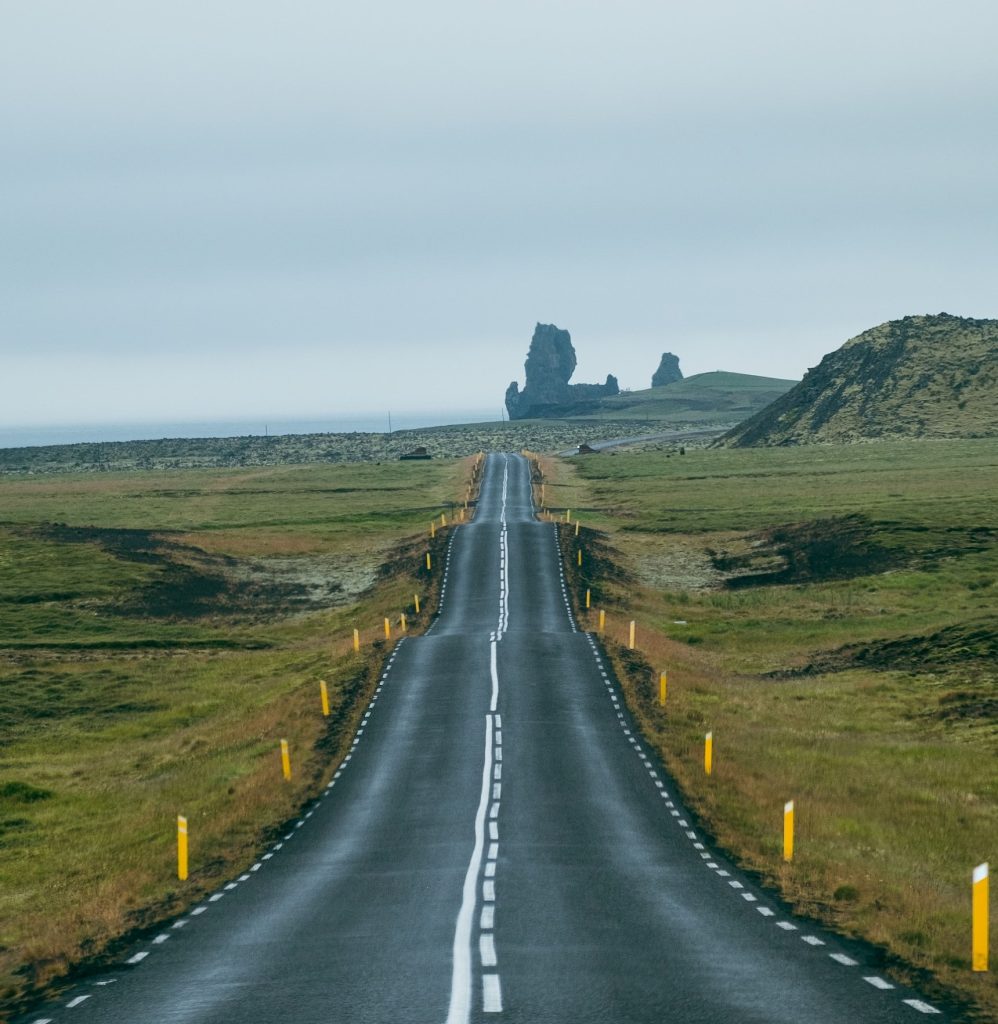
Types of Roads and road conditions in Iceland
More detail about
Icelandic road system and the road conditions
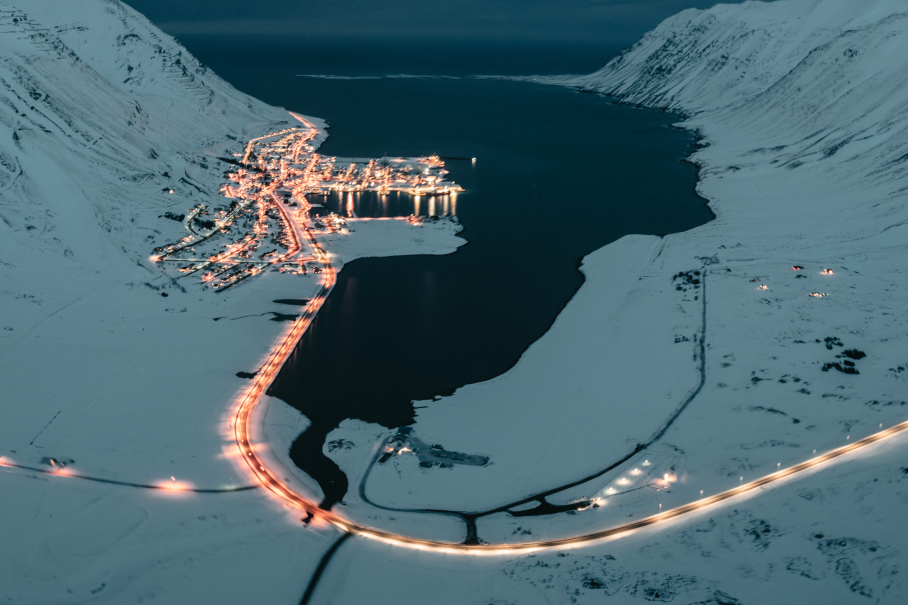
Generally, Iceland roads in summer (June to August) are easy to drive. In winter, most roads will be icy and covered by snow; sometimes, black ice might also occur.
But Iceland’s weather changes rapidly, even in summer. You have to be mentally prepared to cope with any condition.
There are 3 types of road in Iceland:
- Paved roads: The usual speed limit is 90 km/hr on highways and 30 to 50 km/hr in urban areas.
- Gravel roads: a big portion of roads in Icelandic road systems are gravel roads. The usual speed limit is 80 km/hr.
- F-roads: Icelandic mountain roads. They are ONLY open to the public during summertime and ONLY accessible with 4WD vehicles as requested by law.
Please always respect the speed limit and be reminded that speed cameras are posted around the country; you will be heavily fined for speeding.
IMPORTANT NOTES: Off-road driving is straightly forbidden and illegal in Iceland. Please NEVER drive off the road at any time.
Does it snow in Iceland? A winter snowy road driving guide
Heading to Iceland this winter and worried about the snow? Don’t stress! Hertz Iceland has a super handy Iceland Winter driving guide and what to do when Car Won’t Start in Cold that’s perfect for helping you get around safely. It’s filled with tips on choosing the right car and driving safely on those snowy roads. It feels like you’re getting advice from a friend who knows the ins and outs of Icelandic winters. Definitely worth a read to make your trip smooth and enjoyable. Check out their full advice on the Hertz Iceland website.
We also recommend you read our full guide to Weather in Iceland all year round and learn Iceland’s general weather and the average temperature in four seasons and every month of the year.
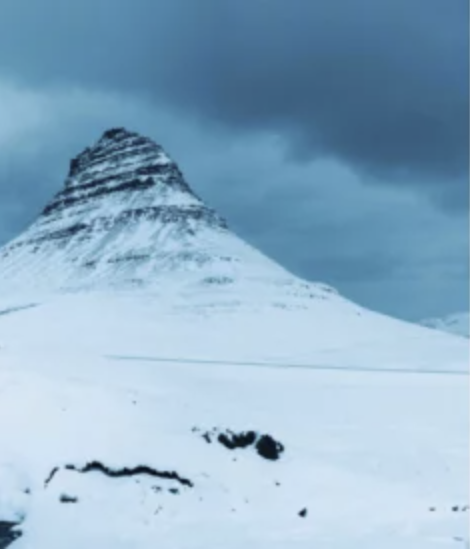
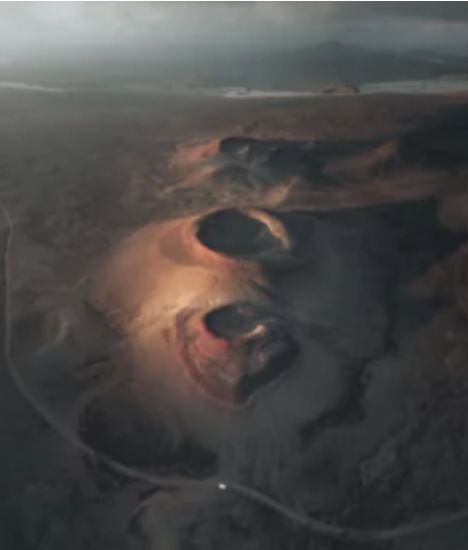

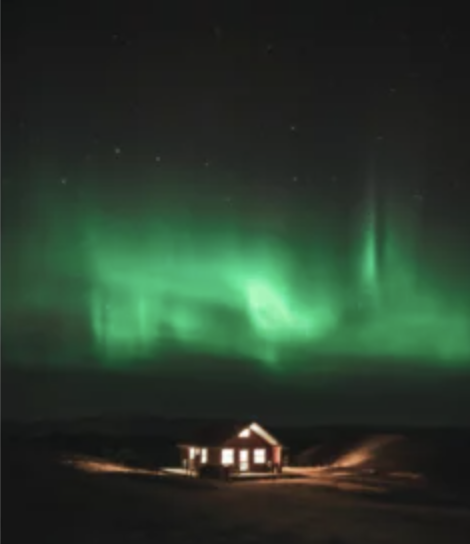
Icelandic Road and traffic signs
Road signs in Iceland will display warnings and advice you may not have seen before. There are 5 types of road signs in Iceland:
1. Warning Signs: triangular red and yellow signs to advise of potential danger. Most often, the illustration will straightforwardly present the hazard.
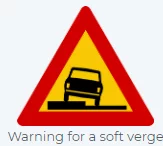
2. Mandatory Road Signs: Often are round-shape with blue colour background signs. They are regulations that drivers or road users must follow.
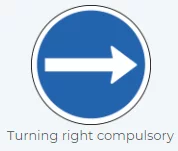
3. Prohibitory Signs: Signs showcasing the restriction on specific things, instructions must be followed
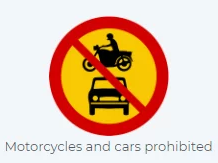
4. Priority Road Signs: To clarify who has priority at the junction road ahead
5. Informational signs: will be used on any roads to provide road users with general information
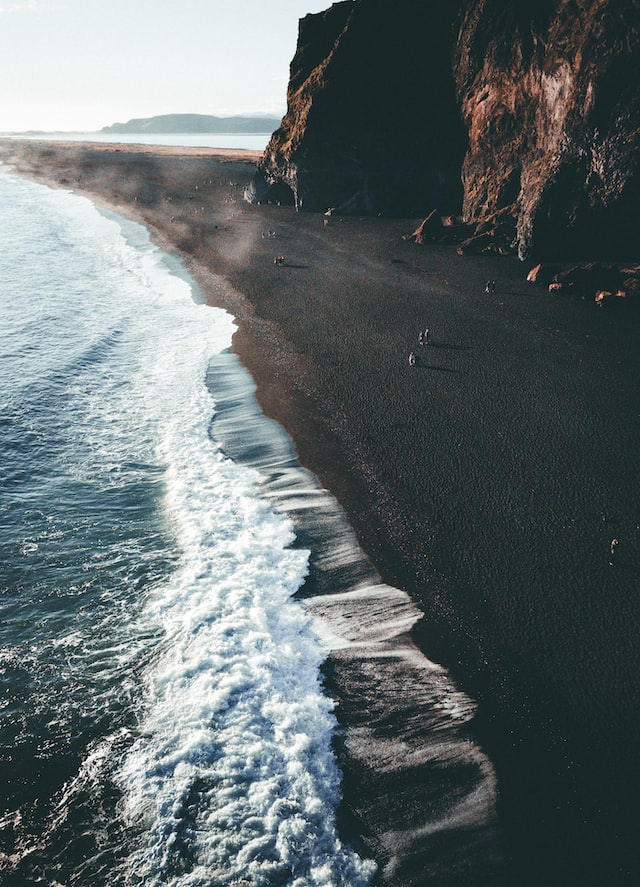
More detail about
Top 15 safe driving tips
Top 15 safe driving tips
Driving in Iceland can be different from driving in other parts of the world, and there are some things to consider to ensure you’re safe when on the road. Here we have 15 IMPORTANT safe driving tips ready for you:
- Always heed wind and weather warnings
- Never stop in the middle or side of the road for photos
- Don’t be ‘greedy’ when planning your trip
- Respect road closures for your own safety. “Lokað” means closed
- Off-road driving is illegal and strictly forbidden
- The headlights on the car are required to be ON at all times, both day and night – all year round
- Always drive within speed limits
- Always beware of the sheep on the road when driving in summer
- Be extra careful when crossing single-lane bridges
- Winter driving in Iceland: don’t drive after sunset
- Slow down when you are approaching gravel roads
- Never drive when tired: Driving immediately upon arriving in Iceland during the early morning or late at night is never advisable. Learn more about the NAPandGO solution on Safetravel.is.
- Drive on the right side
- NEVER camp outside of a campsite, especially with your campervan
- Always drive with your seatbelts fastened, and NEVER drive with a cellphone in your hand
These are the three important websites you should always check before hitting the road every day:

Iceland Met Office
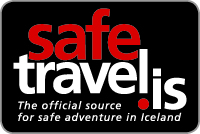
Safe Travel Iceland

Road Iceland
Driving a PHEV/ EV in Iceland
Going on a long road trip with a PHEV or EV is no longer an innovative thing to do, especially in Iceland. With the sharp increase in EV and PHEV market share in Iceland, electric car charging stations and facilities are more accessible and cover many more areas in Iceland.
If you are renting a PHEV or EV or Tesla in Iceland with us, the questions of where you can charge the vehicle, how to charge it, and what you can do to save some money by making the car more fuel efficient might come to your mind right away. Here we have put together all the useful information about driving a PHEV/ EV and the Tesla in Iceland for you. We highly recommend you read over these posts and familiarize yourself with EV and PHEV operations before visiting Iceland:
Parking in Iceland: how to pay and where can you park?
More detail about
A guide to parking in Iceland: rules and how to pay

Like all the countries around the world, parking your rental car in Iceland is NOT free.
In general, the parking spots INSIDE an Iceland city/town are usually NOT free. Depending on the city rules, there will be a slight difference in paid parking zones.
For all the designed parking locations, you will see a P sign with a blue background. It indicates that you can park your car here, and you will need to pay for parking in these areas most of the time.
Not only pay the parking fee with a meter, but you can also pay the fee via the Parka app and EasyPark app.
If you are not able to pay for parking within a period of time, you will get a ticket.
If you are visiting Reykjavik or Akureyri during your stay in Iceland, we recommend you read the full post on ‘parking in Iceland‘ by clicking the link to learn the parking zone and rules in these cities.
Driving tickets and fines
Understanding the fines and regulations associated with driving in Iceland is crucial for a seamless experience as you explore its breathtaking landscapes. This segment offers a snapshot of key information related to penalties for speeding, parking violations, off-road driving, and wild camping. Each has specific penalties and payment protocols, emphasizing the nation’s commitment to safety and environmental preservation.
In our detailed guide, you’ll find comprehensive insights on the varied penalties, enforcement measures, and practical steps for swift fine settlements to avoid additional charges.
We elaborate on Iceland’s stringent measures to safeguard its pristine ecosystems, underscoring the hefty fines and immediate penalties associated with off-road driving and wild camping.

More detail about
Driving tickets and fines in Iceland: Type of offence, how much, how to pay
Tolls/Tunnels
99.9% of the roads in Iceland are toll-free, only with one exception–the Vaðlaheiðargöng tunnel, located in the North of Iceland.
When you go past the tunnel, you are expected to pay the fee within 24 hours. You can pay the toll via veggjald.is.
A kind reminder to Hertz Iceland’s renters: the expense of toll fees and parking fees are on your own terms; please pay accordingly.
If you failed to make your payments, Hertz Iceland would receive the cost+ fined tickets from the authority, and we would have to charge you the fined amount with an admin service fee.
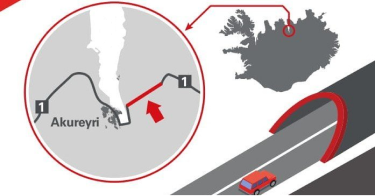
More detail about
Driving tickets and fines in Iceland: Type of offence, how much, how to pay
River crossing driving in Iceland
If you’re planning a summer highland road trip in Iceland, it’s essential to know how to safely cross the country’s rivers. While Iceland’s rivers can be stunningly beautiful, they can also be treacherous, with strong currents and unexpected depth changes. To ensure a safe crossing, it’s essential to use a 4WD vehicle in Iceland, which is specifically designed for F-roads adventures.
When crossing rivers in Iceland, there are several important factors to consider.
- Always assess the river’s depth and current before attempting to cross. Use a stick or other object to test the depth and make sure the current isn’t too strong.
- Engage your 4WD system and shift into low gear to maximize traction and control. Finally, maintain a steady speed and avoid stopping mid-crossing, as this can cause your vehicle to get stuck.
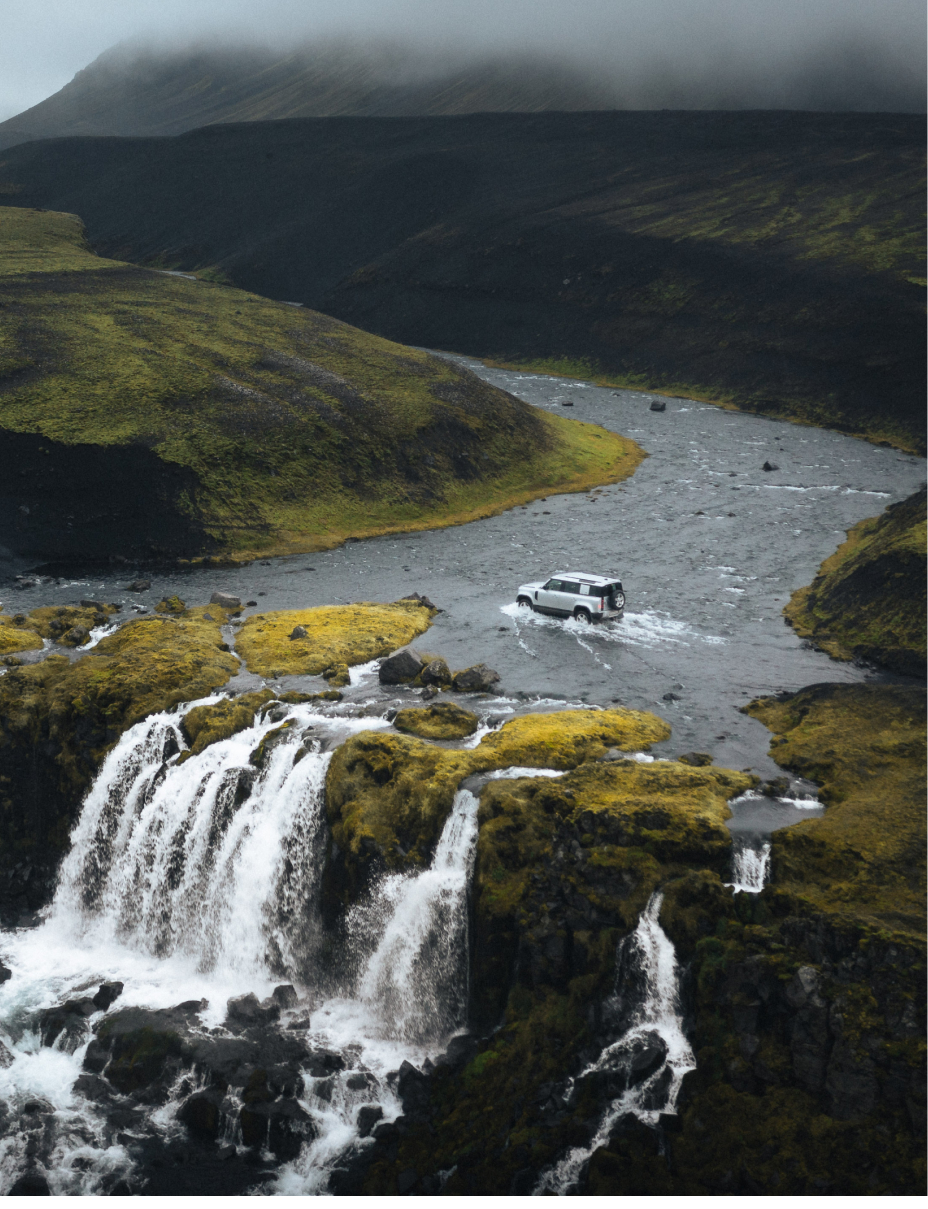
More detail about
Iceland River Crossing Driving Guide
Gas stations, fuel and EV re-charge in Iceland
There are four main fuel companies in Iceland; they are N1, Orkan, ÓB+Olís (they belong to the same cooperation) and Atlantsolía.
You can be 100% sure that you can find gas stations in all cities, towns and villages. If you will travel along Route 1 Ring Road, it is also easy to find gas stations or pumps along the way, and you will find them all within a 100 km distance apart from each other.
We have gathered all you need to know about gas stations and fuel refills in Iceland in the travel guide. Click the link and learn more.
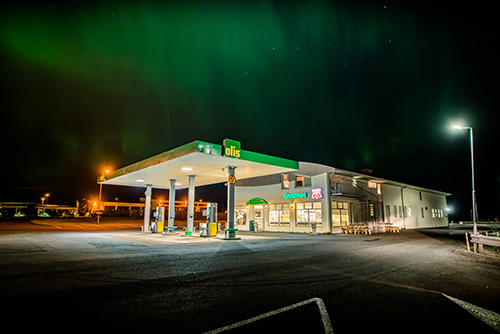
More detail about
Guide to gas stations, fuel and EV re-charge in Iceland
In case of an emergency—What should you do?
While travelling in Iceland in a rental car, you can come to situations where you need assistance with your car. Below, we shorted listed 8 most common car light + car issues and what it means, how to resolve them on the spot or how to proceed if you need assistance. We highly recommend you read the ‘Hertz Emergency Service’ post and learn all emergency procedures.
In case of injury, call 112 immediately!
More detail about
Hertz Emergency Service: Quick fix and where to get help?
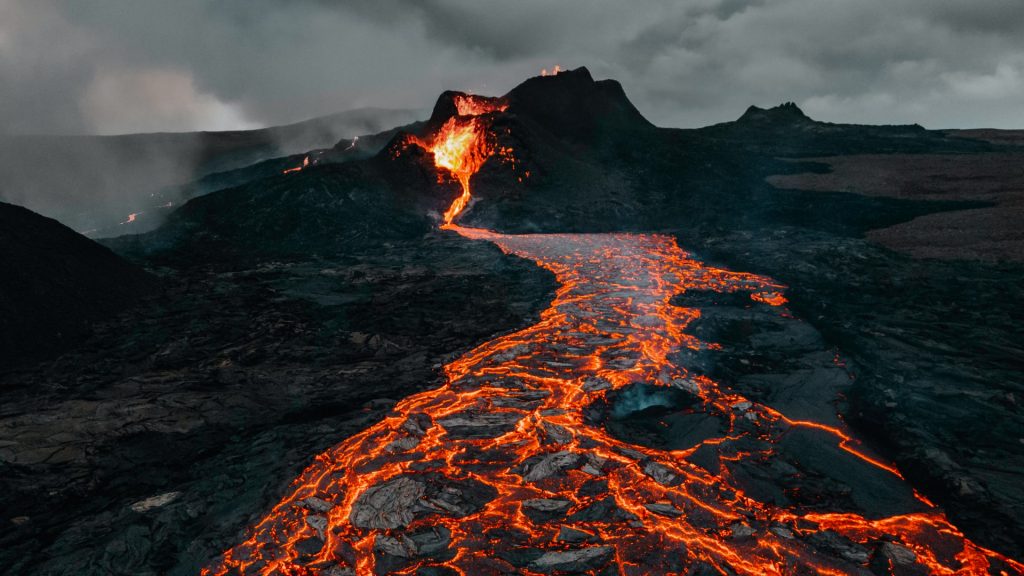
- What to do if you get into Collision / Damage the vehicle
- Cannot Unlock Vehicle
- Vehicle Cannot be Locked
- Emergency Brake Indicator
- Punctured or Flat Tire
- Vehicle Makes Unusual Sound
- AdBlue light
- Washer Fluid Indicator
If you have further concerns about driving in Iceland
If you have any questions about driving and renting cars in Iceland, please do not hesitate to drop us a line via email or social media accounts.
We are always happy to help. We wish you a safe, unforgettable and present journey in Iceland.
